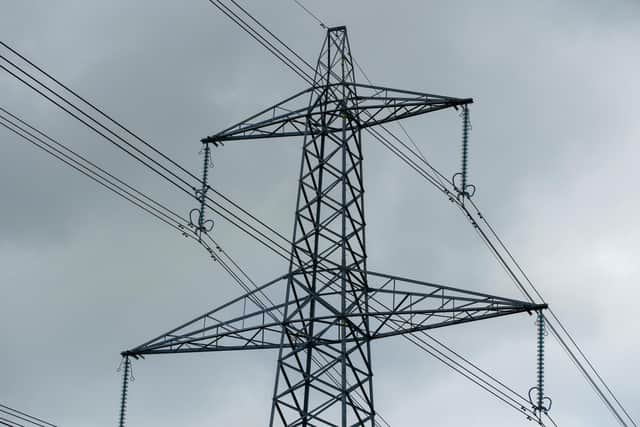More thieves in Hampshire are stealing electricity as energy costs nationally soar
and live on Freeview channel 276
Electricity theft – which can be carried out by tampering with a line or bypassing a meter – has the potential to cause serious injury and is punishable by up to five years in prison.
Though already an increasing problem, the National Energy Action campaign group said it is ‘horrifying’ that others could be turning to the illegal practice to keep their lights on amid a growing fuel crisis.
Advertisement
Hide AdAdvertisement
Hide AdHome Office figures show Hampshire Constabulary received 13 reports of the ‘dishonest use of electricity’ in the year to March – though this is down from 28 in 2020-21.


Around 1,100 of these occurred between January and March – almost double the number recorded over the same period in 2018-19 and 2019-20.
Stay Energy Safe, operated by Crimestoppers, says tampering with a meter can lead to wires overheating, the damage of property and potentially loss of life.
It also warns that the crime costs energy companies a minimum of £440meach year – with these costs then passed on to customers.
Advertisement
Hide AdAdvertisement
Hide AdAn Ofgem spokesperson added that ‘under no circumstances should consumers attempt to connect electricity meters themselves’.
But the NEA said the cost-of-living crisis is forcing people into ‘increasingly desperate situations’ such as avoiding energy use – or possibly even resorting to electricity theft.
Peter Smith, NEA director of policy and advocacy, said: ‘This is not only illegal but dangerous too, and it’s horrifying if the crisis is forcing households to try this to keep the lights on.
‘And this is happening now, before winter and the cold weather hits.’